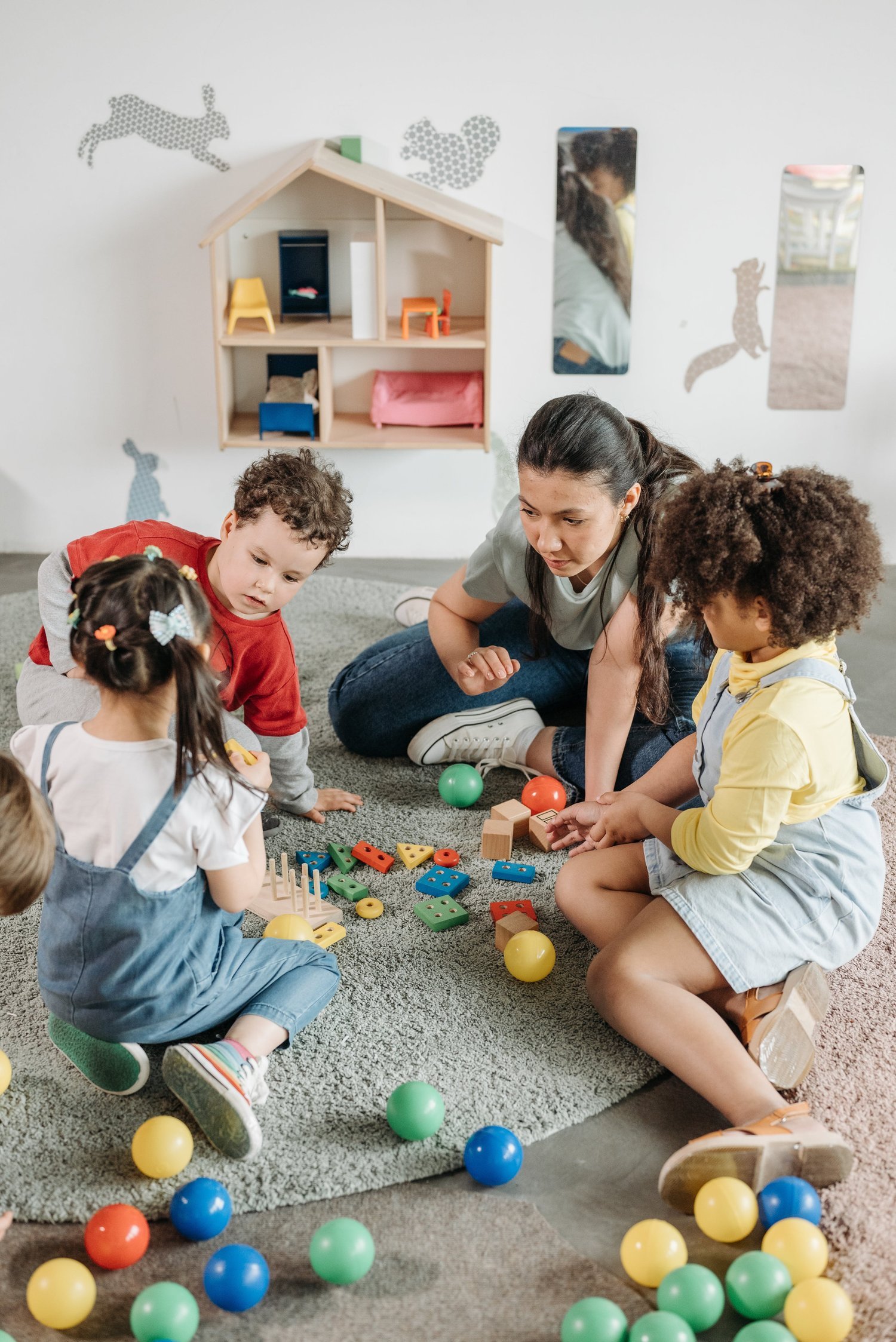The Milestones of Engagement
Coaching individual children in engagement during group play
This is a summary of the Milestones of Engagement section in the publication Learning to Play in the Primary School by Karen Stagnitti, Louise Paatsch, Siobhan Casey, and Amity Green (Routledge, 2023).
As preschool teachers, we strive to nurture children’s blossoming social abilities amidst the bustle of the classroom.
The Learning Seeds Milestones of Engagement offer a valuable lens for observing students’ group connectedness during open play, highlighting growth opportunities to guide children towards more interactive social experiences.
Evaluating Individual Engagement
The Milestones track engagement across critical areas like environment, object play, interactions and pretend play. For each area, the educator makes detailed inquiries into the child’s current level of participation. Does the child join groups or stick to the periphery? Do they play beside peers or remain solitary? Can they resolve needs positively and take conversational turns?
Setting Goals
With the baseline observations, specific personalized goals are selected to broaden the child’s social opportunities. A shy child may be gently scaffolded to move chairs progressively closer to peers over time. Another child fixated on objects could be coached to incorporate friends into pretend play scenarios. The objectives are modest yet ahead of the child’s comfort zone: the educator guides the child through experiences within the “zone of proximal development” which Russian psychologist Lev Vygotsky deems crucial for learning.
Strategies to Motivate Engagement
How can we spark children’s interest to interact? Inviting group expressions, unison actions, songs and sensory experiences can pave the way for laughter, emotional connections, chatter and collaborative pretend play to organically unfold. Practitioners can also insert themselves as a side character in imaginary scenarios to introduce problems for children to creatively solve together, deepening a sense of group belonging.
Benefits Beyond Social Skills
Why prioritize dynamic group engagement? Interactive pretend play cultivates critical thinking, compromise, verbal exchanges and flexible planning. These transferrable competencies underpin school readiness and set foundations for rich lifetime learning. Socially integrated children also feel a sense of classroom community and belonging, offering protective factors against anxiety, victimization or withdrawal.
The Role of the Enlightened Shadow
Given demands on teachers, how can we actualize targeted social goals? Enter the “Enlightened Shadow” — a teacher who offers just-in-time support, redirecting children on the fringes to rejoin play and whispering suggestions to enhance cooperative interactions. Their subtle assistance behind the scenes helps children gain confidence and skills to independently connect moving forward.
Try adopting the Milestones lens as you observe playtime Engagement! Recruit a colleague to be the Enlightened Shadow. Brainstorm goals and swap scaffolding strategies. We can collectively support our students as they wade into deeper social waters, preparing them to swim confidently as they grow and learn.
Love Learning Seeds Resources? Get Access to Much More with Exclusive Membership!
Exclusive Access to "Sharing Blocks and Tiles" Beta Course
Group Consultations & Discounted 1:1 Coaching
Shape the Future of Content
And More!

